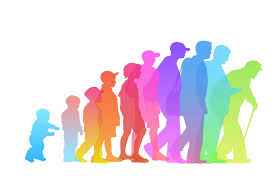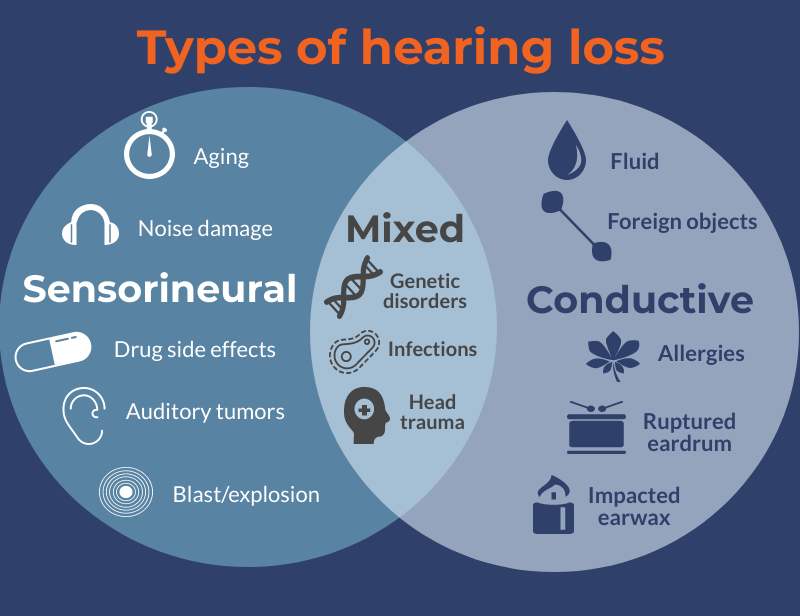Hearing Tests through the Lifespan
Hearing Tests Through Life While most people don't think about getting a hearing test until into adulthood, there are various kinds of hearing tests that can be done throughout the lifespan. Some of these tests weren't as common until recent years. Beginning in 1995 by the World Health Organization, at least the first test, is standard for all infants. Although you may not get tested until you're an adult, here are the variety of hearing tests that can happen throughout your life. Infant Hearing Tests As stated above, infant hearing screenings are now pretty standard practice in most countries. The goal of infant hearing screenings is to identify infants with hearing loss within 3 months of birth and to put intervention/amplification in place by at least 6 months of age. Typically these tests are done at the hospital, occasionally right after birth, or through other community organizations. With this protocol in place, these children are identified early and intervention is put in place as soon as possible. Why is this important? It is known that children who are hard of hearing or deaf typically have delayed speech development and other delays to emotional and social development. In Ontario alone, approximately 4 of every 1000 babies are born deaf or hard of hearing. Additionally, babies that are born premature, with low birth weight, born with infections, etc. are at a higher risk. With early intervention, there is less risk to these delays. How are Infants Tested? During an infant hearing screening, measurements...


Recent Comments